The Best Companion Plants For Hops
The Best Companion Plants for Hops
Hops (Humulus lupulus) are a perennial climbing vine that is native to Europe and Asia. They are grown for their cones, which are used to flavor beer. Hops are also known for their insect-repelling properties.
Companion planting is the practice of planting different types of plants together in order to benefit each other. When choosing companion plants for hops, it is important to consider the plants' needs and requirements. Hops need full sun and well-drained soil. They are also heavy feeders, so they will benefit from being planted near nitrogen-fixing plants.
Some of the best companion plants for hops include:
- Beans: Beans are nitrogen-fixing plants, which means they can help to improve the soil quality for hops. They also help to suppress weeds.
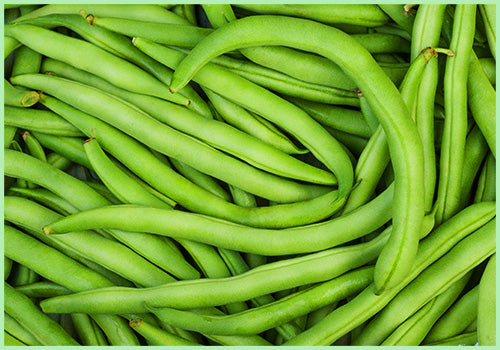
- Carrots: Carrots help to repel pests such as carrot flies and nematodes. They also help to improve the flavor of hops.
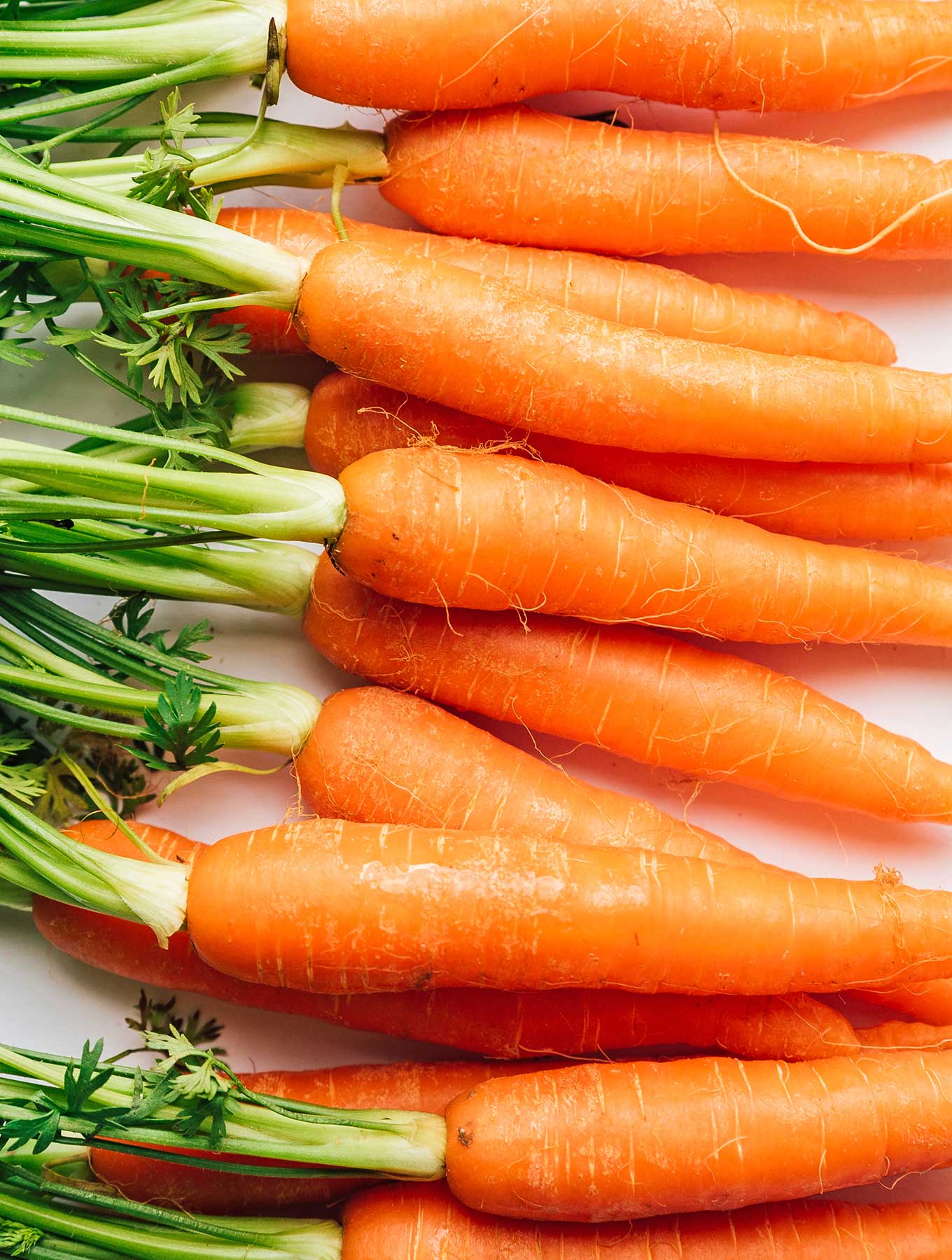
- Cucumbers: Cucumbers help to repel pests such as cucumber beetles and squash bugs. They also help to shade the soil around hops, which can help to keep it cool and moist.
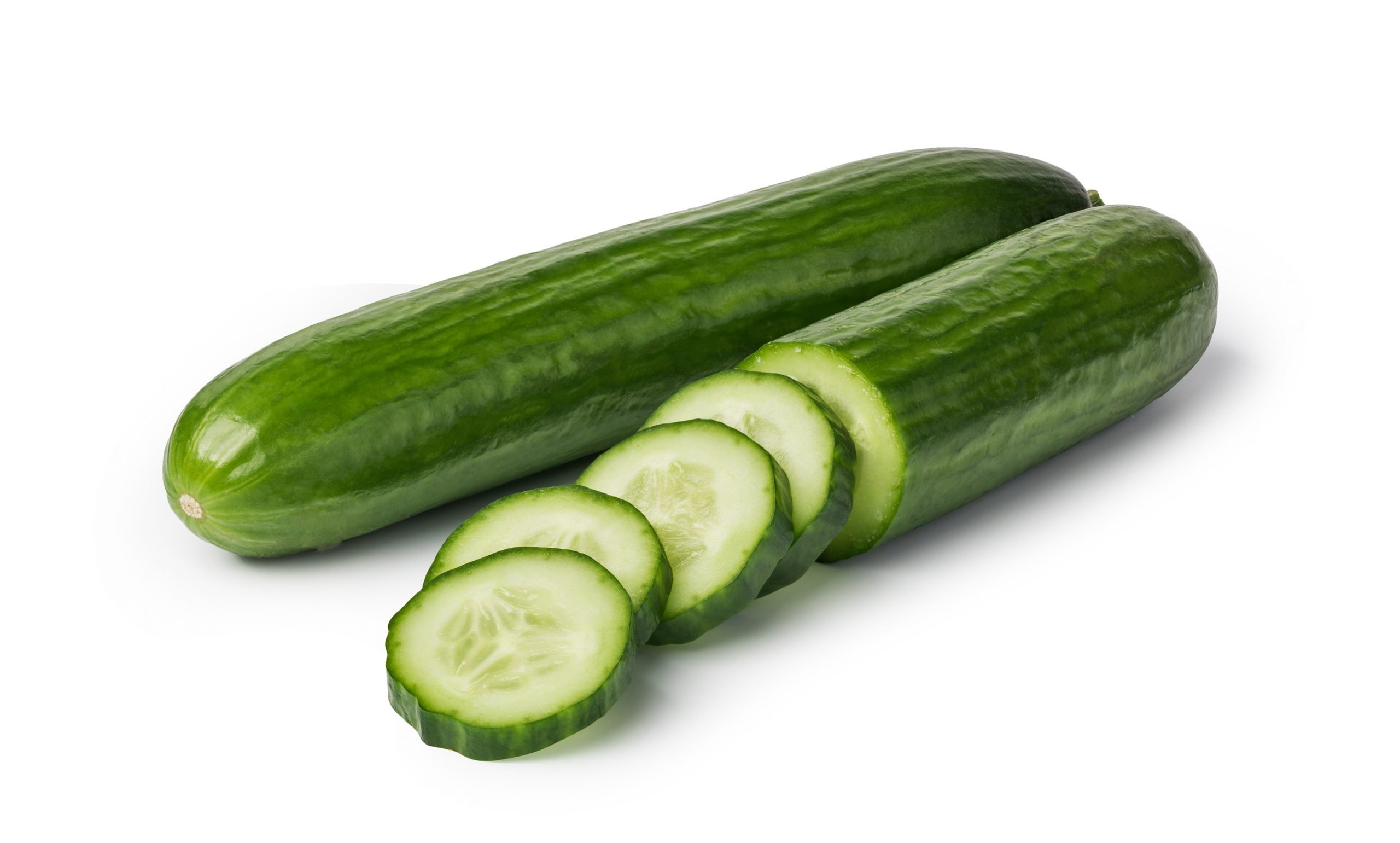
- Dill: Dill helps to attract beneficial insects such as ladybugs and lacewings, which can help to control pests. It also helps to improve the flavor of hops.
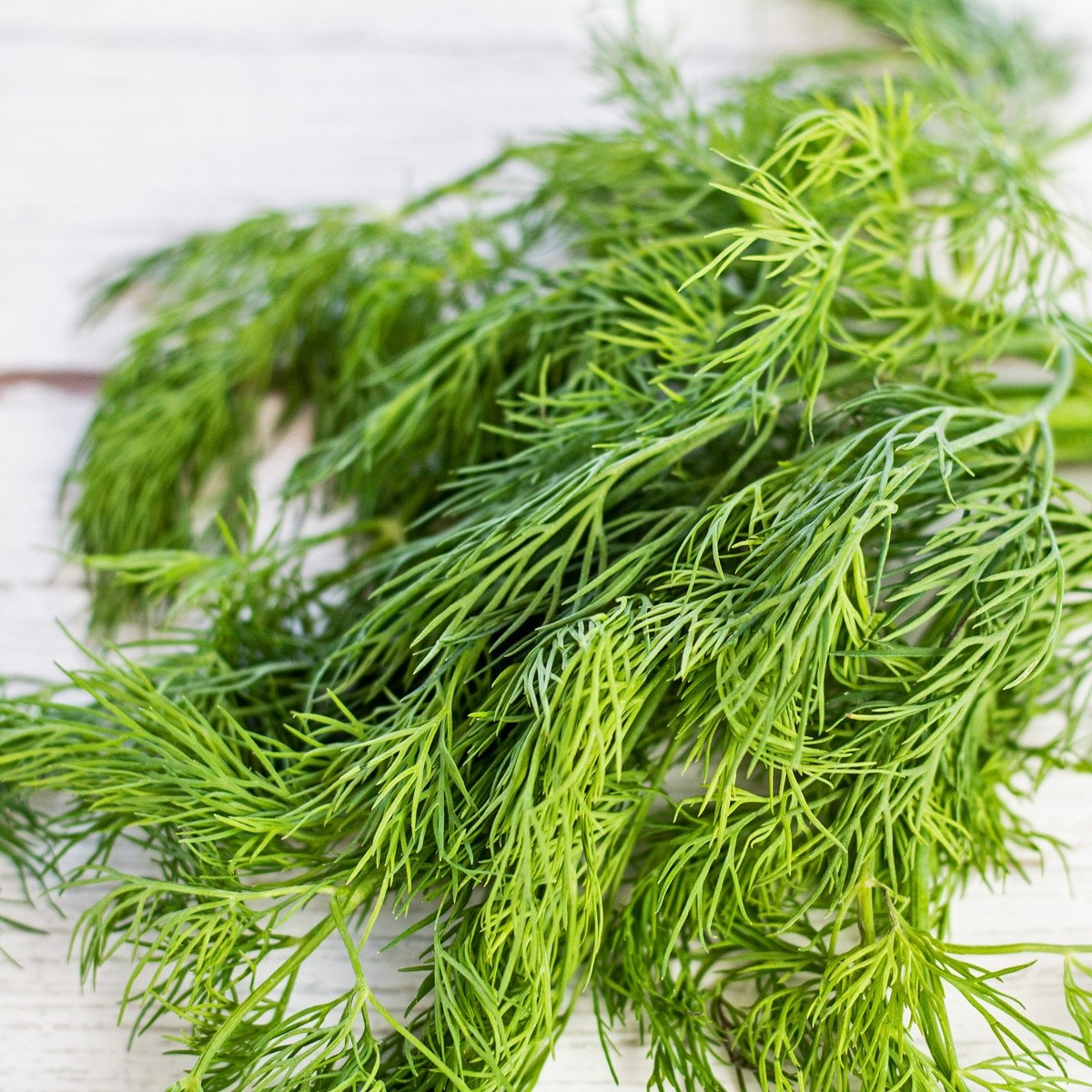
- Marigolds: Marigolds help to repel pests such as nematodes, aphids, and whiteflies. They also help to improve the flavor of hops.
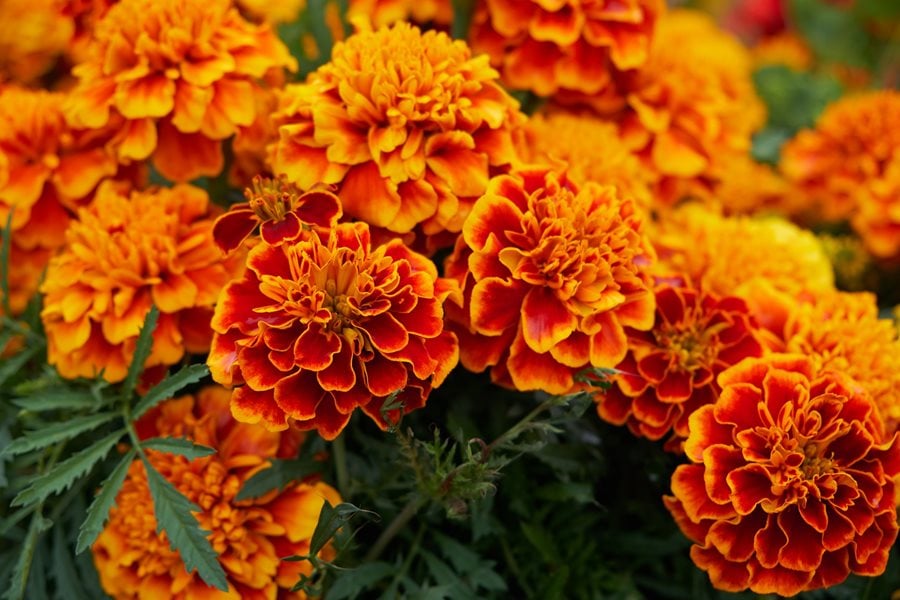
- Peas: Peas are nitrogen-fixing plants, which means they can help to improve the soil quality for hops. They also help to suppress weeds.

- Spinach: Spinach helps to repel pests such as aphids and spider mites. It also helps to improve the flavor of hops.

- Yarrow: Yarrow helps to attract beneficial insects such as ladybugs and lacewings, which can help to control pests. It also helps to improve the flavor of hops.

In addition to these plants, there are a number of other plants that can be grown as companion plants for hops. Some of these include sunflowers, tomatoes, and basil. When choosing companion plants, it is important to experiment and find what works best in your garden.
FAQ of hops companion plants
- What are some good companion plants for hops?
Some good companion plants for hops include:
Chives: Chives have a strong scent that can repel pests like aphids and spider mites, which can be a problem for hops plants.
Coriander: Coriander also has a strong scent that can repel pests, and it can also help to improve the flavor of the hops.
Anise: Anise has a similar scent to coriander, and it can also help to repel pests.
Yarrow: Yarrow is a nitrogen-fixing plant, which means that it can help to improve the soil quality for the hops. It also attracts beneficial insects that can help to control pests.
Corn: Corn is a tall plant that can provide support for the hops vines. It also has similar sunlight and water requirements to hops.
Grapes: Grapes are another tall plant that can provide support for the hops vines. They also have similar sunlight and water requirements to hops.
Rose of Sharon: Rose of Sharon is an evergreen plant that can provide winter interest for the hops. It also has similar sunlight and water requirements to hops.
What are some plants that should not be planted near hops?
Some plants that should not be planted near hops include:
Beans: Beans are legumes, which means that they can compete with the hops for nitrogen.
Tomatoes: Tomatoes have similar water requirements to hops, but they can also be susceptible to the same pests and diseases.
Cabbage: Cabbage is a member of the brassica family, which can be susceptible to pests and diseases that can also affect hops.
Potatoes: Potatoes are a root vegetable, and they can compete with the hops for water and nutrients.
How do companion plants benefit hops?
Companion plants can benefit hops in a number of ways, including:
Repelling pests: Some companion plants have strong scents that can repel pests that can damage hops plants.
Improving soil quality: Some companion plants are nitrogen-fixing plants, which means that they can help to improve the soil quality for the hops.
Providing support: Tall companion plants can provide support for the hops vines, which can help them to grow taller and healthier.
Attracting beneficial insects: Some companion plants attract beneficial insects, such as ladybugs and lacewings, which can help to control pests.
How far apart should companion plants be planted from hops?
The distance that companion plants should be planted from hops will vary depending on the size of the plants. In general, it is a good idea to plant companion plants at least 1 foot away from hops plants. This will give the plants enough space to grow without competing for resources.
- What are some other factors to consider when choosing companion plants for hops?
In addition to the factors mentioned above, there are a few other things to consider when choosing companion plants for hops. These include:
- The sunlight and water requirements of the plants: Make sure that the companion plants you choose have similar sunlight and water requirements to hops.
- The soil type: Make sure that the companion plants you choose can grow in the same type of soil as hops.
- The pests and diseases that are common in your area: Choose companion plants that are resistant to the pests and diseases that are common in your area.
Post a Comment for "The Best Companion Plants For Hops"